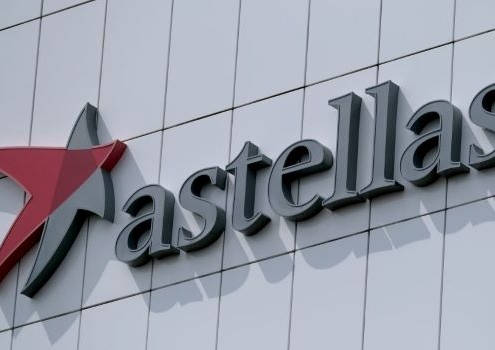Astellas Hopes to Improve Gene Therapy Safety with $1.6 Billion Dyno Deal
Astellas Hopes to Improve Gene Therapy Safety with $1.6 Billion Dyno Deal
Published: Dec 02, 2021
By Kate Goodwin
BioSpace
Gene therapy biotech Astellas is turning to Dyno Therapeutics to make their treatments safer. With a massive potential value, a lot rides on the deal, especially for Astellas.
The Japanese pharma has faced a tough run since its $3 billion buy of Audentes two years ago. The deal brought Astellas AT132, a gene therapy in development for a rare neuromuscular disease, often present at birth, that is life-threatening. Less than a year later, the first patient in the study died. This fall, a fourth study patient passed due to complications from liver failure. The study is now paused but has not yet gotten the ax.
With this new collaboration, Astellas will take advantage of Dynos’ next-gen AAV vectors to deliver its gene therapy. The company will design new delivery vehicles for Astellas gene therapies using Dyno’s CapsidMap, an AI-powered discovery tool for skeletal and cardiac muscle targets. Astellas will pick up the ball to conduct the preclinical studies through to commercialization for any products that come out of the collaboration.
Astellas is dropping $18 million to Dyno upfront with additional milestones and royalty payments over $235 million per product, giving the deal its $1.6 billion potential price tag.
“This partnership demonstrates the flexibility of Dyno’s platform to precisely design the delivery properties of gene therapy vectors towards multi-organ and disease-specific profiles, applying the scientific insights we are rapidly learning across all our partnered and internal vector engineering programs using CapsidMap,” said Dyno CEO Eric Kelsic.
Gene therapies relying on AAV delivery have run into a slew of issues. AAV vectors are relatively small and can’t carry heavy payloads. Additionally, the chance for an immune response is high, as many patients will already have been exposed to the adeno-associated virus and quickly mount a response. They’re tough to manufacture and traditionally have a limited scope of target tissues.
Dyno’s approach is intended to overcome the limitations of naturally occurring virus capsids. The CapsidMap platform focuses on improving targeting ability, increasing payload size, limiting immune evasion and scalable manufacturing. It can also deliver its payload across multiple organ systems at the same time.
This May, a year after emerging from stealth mode, a $100 million Series A, the Cambridge biotech scooped up to expand the CapsidMap platform capacity and functionality. Its approach to AAV design has caught the eye of many a partner, including Sarepta for muscle diseases, Novartis for ocular, Roche for CNS and liver diseases, and now Astellas for skeletal and cardiac muscle targets.



